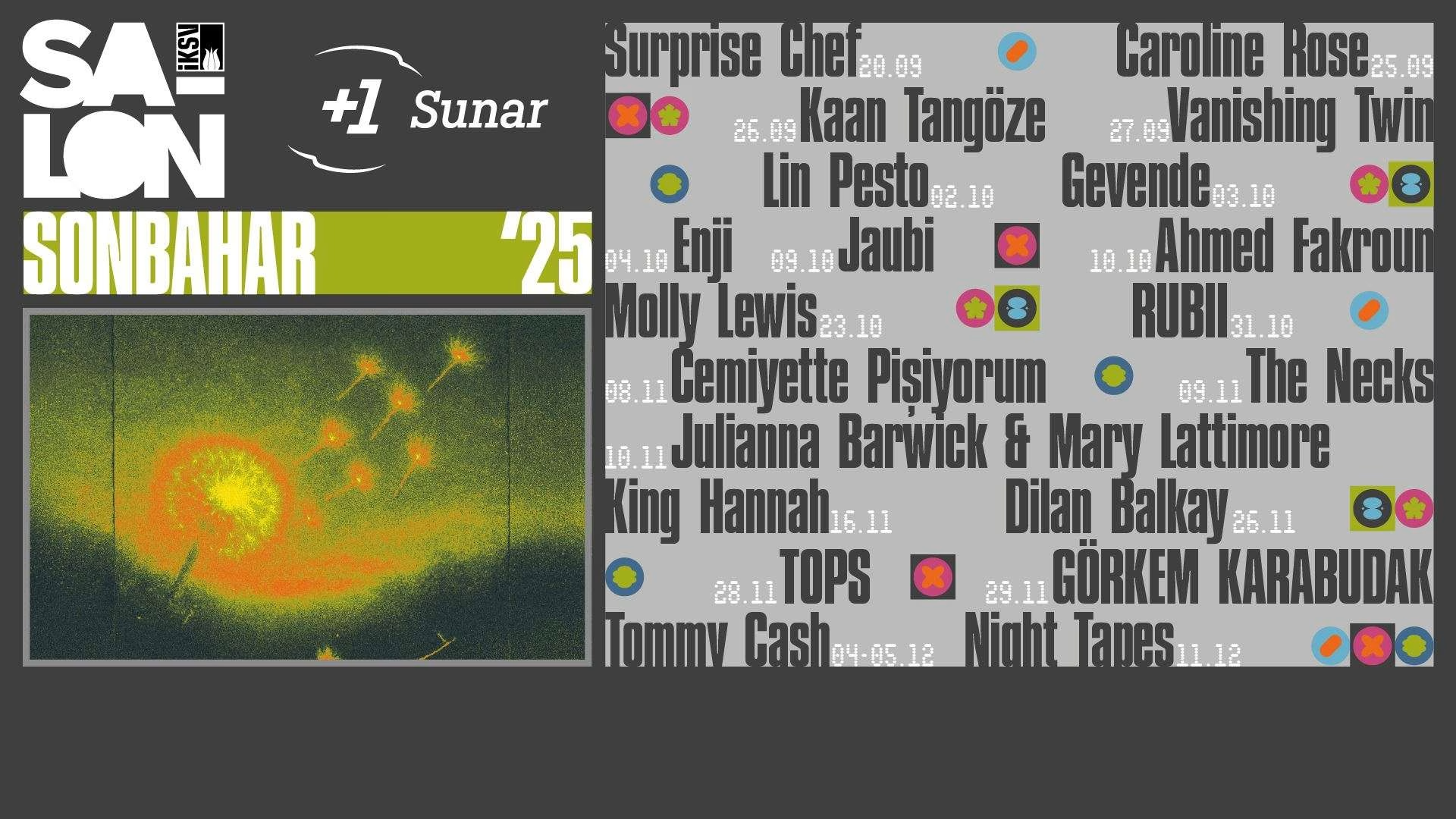Guillermo del Toro’s long-dreamed gothic sci-fi horror finally takes form: Frankenstein, a 2-hour-29-minute, R-rated, bloody, and shattering tragedy, reimagines Mary Shelley’s 1818 classic with fidelity to the text while infused with del Toro’s distinctive dark fairytale language. Victor Frankenstein (Oscar Isaac), through an arrogant experiment to conquer death, brings the Creature (Jacob Elordi) to life; but this birth sets off an inescapable curse, a chain of fate echoing a father-son fracture, abandonment, and lovelessness. Del Toro, as always, treats the “monster” as the most human figure, placing compassion at the heart of horror in a world crafted with stunning art direction (Tamara Deverell), Dan Laustsen’s silken cinematography, and Alexandre Desplat’s grandiose orchestral score.
The film stands out as one of the most faithful yet fresh adaptations in years: it preserves Shelley’s potent philosophical vein while rejecting the reduction of the “creature” to a passive or mute freak, instead centering him as a sensitive, intelligent, self-educated “autodidact.” Del Toro’s commitment to practical makeup, real sets, and old-school cinematic craft feels like a manifesto against today’s CGI excess; texture, light, and space are palpable in every frame. The childhood trauma introduced through Victor’s controlling father (Charles Dance) grounds the “creator’s hubris” viscerally, making the moment of abandoning the Creature not just a moral failing but a repetition of generational flaws.
Jacob Elordi delivers one of the most talked-about performances of his career, infusing the Creature with chilling vulnerability, beauty, and rage, embodying the burning loneliness of each rejection and the yearning for acceptance. Oscar Isaac’s Victor is a portrait of intellect, narcissism, and blindness colliding in one body—both charismatic and repellent. Del Toro’s gothic opera unfolds through the curse of creation, the agony of rejection, and a web of guilt mirrored in fatherhood and sonship; every scene carries the shadow of “social exclusion” and the modern epidemic of loneliness. Thus, the film is not merely a retelling of a horror classic but an allegory of compassion for every era that marginalizes the “other.”
Critics largely agree on the film’s visual splendor; some note the second act’s pacing slows or the emotional intensity borders on “exhausting,” but Elordi’s performance is near-universally hailed as “the soul of the film.” Early screenings report a 14-minute standing ovation in Venice; with one award and two nominations already, it’s a strong contender in technical categories and acting, particularly for Elordi, in the awards season. The overall reception hovers around “generally positive,” with a 77% on Rotten Tomatoes and 78/100 on Metacritic.
Del Toro’s addition to the “elevated literary adaptation” wave demonstrates what a big-budget yet auteur-driven Netflix production can achieve: it fuses gothic horror and romanticism, blending period-rich costumes and sets with modern cinematic techniques in an operatic atmosphere, drawing the monster closer to empathy than terror. Thus, the “deconstruction of the monster” trend, in del Toro’s hands, gains both a political and emotional framework: a story of the ostracized, the rejected, and those bearing the sins of their creators.
The release is planned in two phases: limited theatrical screenings from October 17, 2025, followed by a global Netflix premiere on November 7, 2025. In the UK, cinema and streaming releases coincide on November 7.
Film Details:
- Director: Guillermo del Toro
- Starring: Oscar Isaac, Jacob Elordi, Charles Dance
- Release Year: 2025
- Themes: Creation, Rejection, Compassion, Gothic Horror
- Note: A visually stunning and emotionally resonant adaptation, balancing fidelity to Shelley’s text with del Toro’s unique vision.
Critic Roger Ebert’s Review of the Film:
Contrary to the common belief that artists should not pursue their “dream projects,” Guillermo del Toro’s Frankenstein is a thrilling triumph against this notion. Critic Glenn Kenny describes the film as a “breathtaking achievement,” noting that del Toro has crafted a rich, strange, and almost entirely new work from Mary Shelley’s story, which we thought we knew well.
The film begins in the Arctic, near the novel’s conclusion, where creator and created swap roles as hunter and hunted. Del Toro’s screenplay not only makes the story shocking and terrifying but also captures a heart-wrenching tenderness, surpassing even the humanity of James Whale’s 1930s classic films.
- The Creature’s Humanity: Jacob Elordi’s towering yet vulnerable Creature is born into absolute misery. After achieving intelligence and literacy, he passes judgment on himself as a “monster.” Elordi perfectly conveys the character’s intellect, sensitivity, and inherent kindness.
- Victor’s Hubris: Oscar Isaac’s Victor Frankenstein is driven by manic arrogance. He is focused not only on his scientific pursuit but also on convincing those around him of the righteousness of his project to create eternal life. Isaac makes Victor’s drive relatable while avoiding the “mad scientist” cliché.
- Visual Feast: In the hands of del Toro’s regular collaborators, Tamara Deverell and Kate Hawley, the film captivates with constant visual synchronicities. The Creature’s body resembles fused tectonic plates, while the green islets on the dress of Victor’s fiancée (Mia Goth) create visual harmony. Del Toro’s signature heavy use of red and black tones offers a visual nightmare in which viewers can lose themselves.
Apartment No:26 Note
Frankenstein (2025) is both a majestic and heart-wrenching encounter: creator and created, father and son, society and the “other.” Del Toro’s reverence for his craft and the space he opens for compassion transform the film into an experience not just to be seen but to be felt. It is long, intense, and at times overwhelming, but its cinematic courage, visual finesse, and Elordi’s haunting performance make this adaptation a lasting Frankenstein for modern times. For those seeking gothic horror, grand emotions, and character-driven fantasy: this is unmissable.














